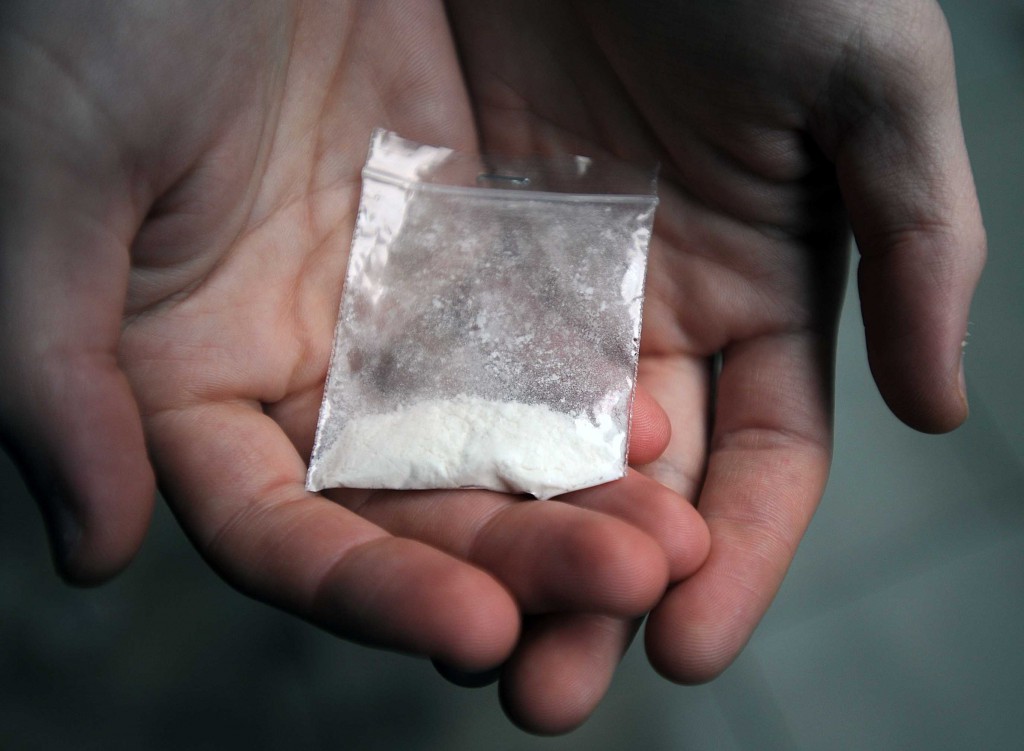SCOTS scientists have made a breakthrough that could reduce drug-related deaths – including those related to slimming pills.
An Edinburgh University team have pioneered a cheap, paper based biosensor that can be used to flag up dangerous levels of impurities in drugs.
It is hoped that the “litmus test” biosensor will be used to stem the number of deaths caused by users of class-A drugs, as well as dieting pills which are becoming easier to buy online.
The new project was led by a team of undergraduates who were inspired to act when they saw the high level of drug abuse on the streets of the capital.

The sensor will test for levels of PMA – a drug similar to MDMA, the chemical in ecstasy.
PMA is much more poisonous than MDMA, and there is a far higher chance of users overdosing if they take a larger dose.
The paper sensor will also flag up the chemical DNP in diet pills – which is thought to have caused the death of 21 year old Eloise Parry after taking eight pills earlier this year.
Dominika Pelegrinova, promotions manager for the project, said: “It’s difficult to keep people from taking drugs, but we wanted to do something to make it safer for them.
“We are trying to make this sort of product as accessible as we can so it can be produced cheaply to reduce the risk for users.”
She went on to explain the science behind their invention: “We will freeze-dry enzymes on to a small piece of paper.
“There will be these microscopic channels where the drug would be placed and a reaction would take place which changes the colour on the paper.
“It would just be a piece of paper with plastic covering parts of it, as we wanted it to be cheap and easy to make so it could be available to everyone.”
Carmen McShane, service manager at drugs rehabilitation charity Turning Point Scotland, welcomed the development.
She said: “First and foremost, harm reduction saves lives. It can also offer an important first step for anyone hoping to recover from drug addiction.
“The harm reduction model offering safe injecting equipment was a hugely successful response to the public health crisis facing the UK in the 1980s and early 1990s, saving countless lives, following the emergence and rapid spread of HIV infection linked to the epidemic of heroin.
“More recently Scotland has led the way in having the first publicly funded Take Home Naloxone programme, which is helping to reduce deaths by temporarily reversing the effects of an opiate overdose until the emergency services can attend.
“We welcome any new initiative that has the potential to reduce the risk of overdose because every single drug-related death is a personal tragedy to the individual and their loved ones.
“We are really interested to hear about this new project by Edinburgh University and look forward to taking part in the discussion on the issues around it.”